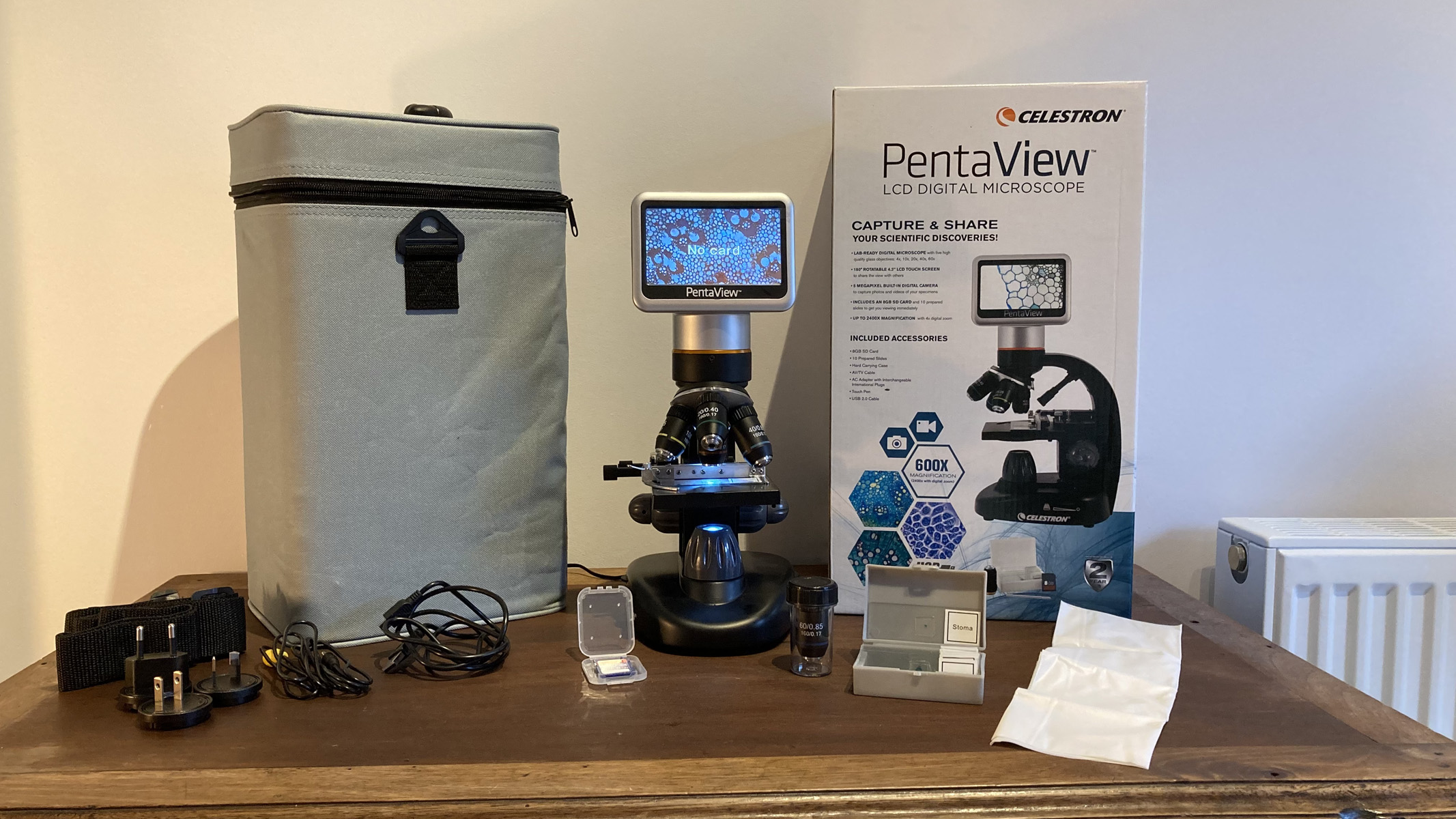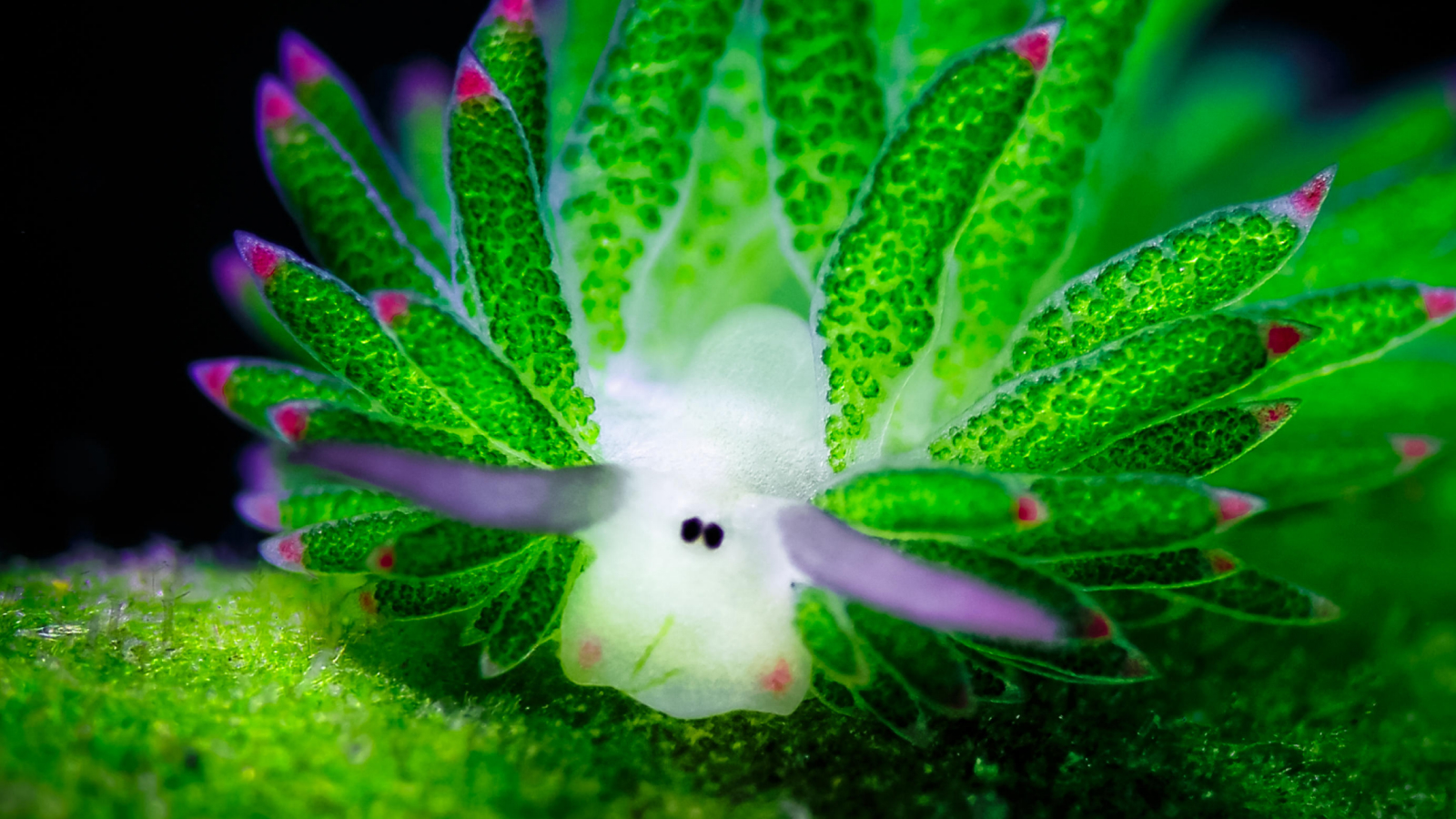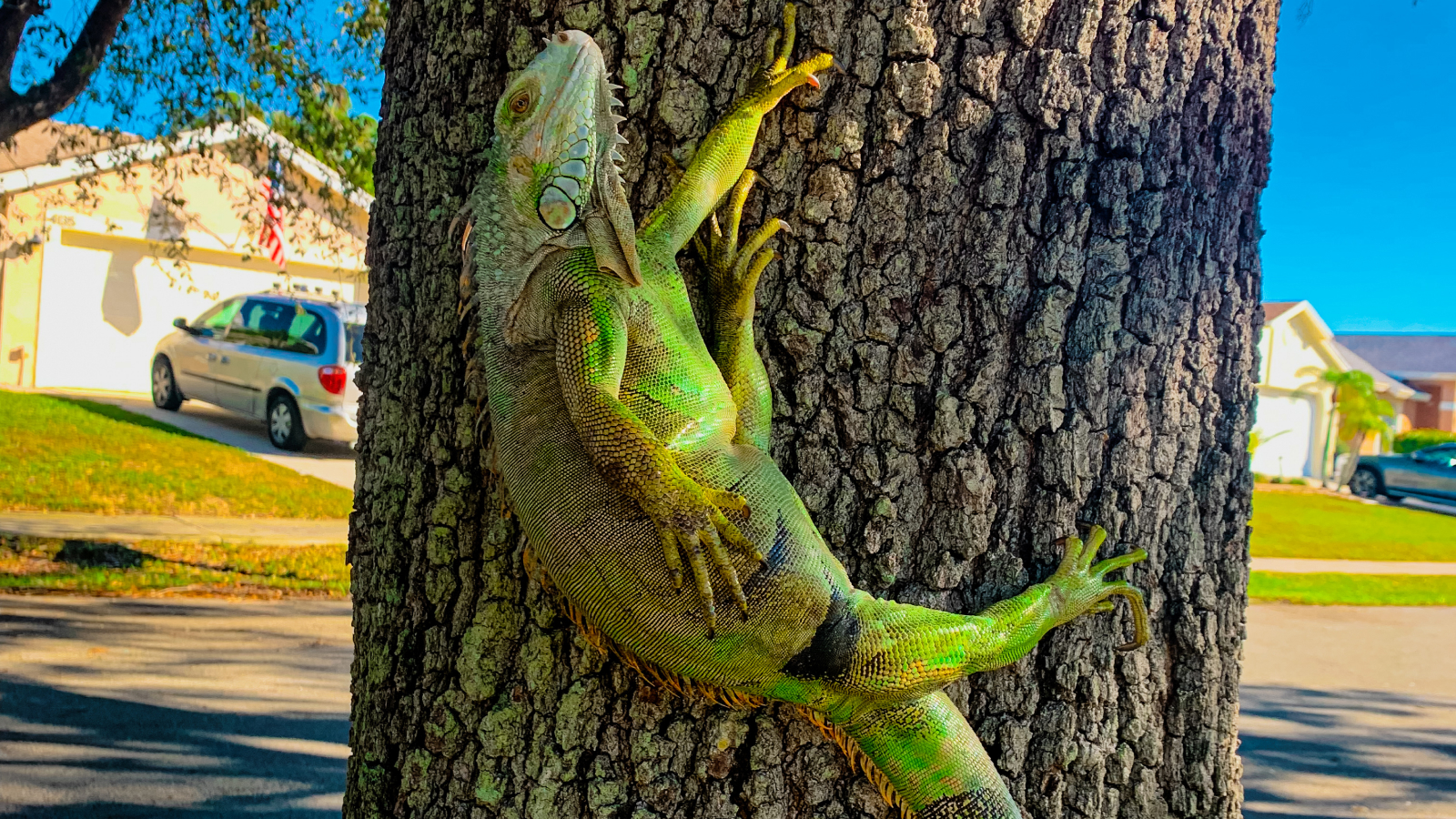Biomolecules, Vol. 13, Pages 192: Influence of Fish Handling Practices Onboard Purse Seiners on Quality Parameters of Sardines (Sardina pilchardus) during Cold Storage
Biomolecules doi: 10.3390/biom13020192
Authors: Tibor Janči Tonka Gauta Predrag Putnik Danijel Kanski Mario Lovrinov
Small pelagic fish are a rich source of high-quality proteins and omega-3 fatty acids, but they are highly perishable due to the activity of microorganisms, endogenous enzymes, and oxidation processes that affect their muscle tissues during storage. This study focused on analyzing the influence of fish handling practices onboard vessels on sensory quality attributes, pH, water holding capacity, TVB-N, proteolytic changes, and lipid oxidation in sardine muscle tissue during cold storage. Experiments were conducted onboard fishing vessels during regular work hours, with added consistency, accounting for similar sardine sizes (physiological and reproductive stages) under similar environmental conditions. Traditional handling practices, e.g., boarding the catch with brail nets and transporting the fish in plastic crates with flake ice, were compared with the use of modified aquaculture pumps for boarding the catch and transporting it in isothermic boxes submerged in ice slurry. Results confirmed significant differences in the parameters among the different fishing vessels, although no significant differences were found between the two methods of fish handling on board the vessels. The study also confirmed a higher rate of lipid oxidation in fish muscle due to physical damage and an increased degree of proteolysis in samples with lower muscle pH values.

 1 year ago
45
1 year ago
45


